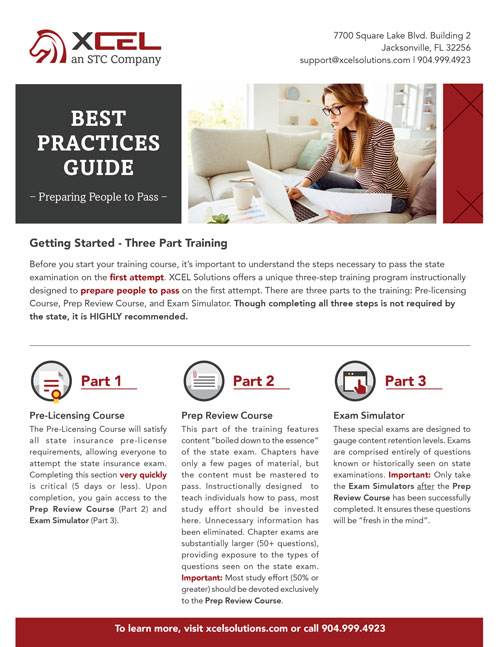Independent contractors will make up over 50 percent of the total US workforce by the year 2027, and many insurance agencies are hiring these staff on a short-term basis to take advantage of their specialized skill sets or to cover a busy period. As an insurance agent, you might be thinking about hiring a contractor (or two) in the near future. Before you do, read this quick guide.
1. Weigh the Pros and Cons
Typically, independent contractors will work for your insurance agency until their contract comes to an end. These contracts might be as short as a few weeks, in some cases. Full-time employees, on the other hand, will usually stay at your company for longer.
So what’s best for your business?
Independent contractors will help cover a shortfall in staff during busy periods of the year. You might need extra employees if you have several clients at once, for example. You can also use contractors for their specialized skill sets. Many of these professionals specialize in one area of insurance, and you can use their skills to grow your business or meet the demands of a particular client.
Full-time employees, however, usually have more generalized knowledge of the insurance sector. They have many fingers in many pies and will carry out a wide range of tasks that benefit your business. They will have the skills you need to secure new clients, upsell insurance policies, and more.
2. Check the Law
You might think that contractors are responsible for their own tax and insurance obligations, but this isn’t always the case. The IRS has various criteria that you need to follow when hiring contractors, but there could be separate regulations at the state level, as well. The state of California, for example, has different legislation for hiring independent contractors after a court ruling in 2018.
Hiring contractors can also affect your E&O coverage, so it’s a good idea to do your research before you even post a job ad.
3. Consider Your Budget
Typically, independent contractors are more expensive than regular employees. However, hiring contractors might still work out cheaper in the long run if you just need extra staff for a short period of time. It’s all about what works best for your business. Do the sums, and take it from there.
For example, you might not need full-time staff to stay at your company for the whole year. You might be busy during the summer months, for example, when many clients look for new financial products.
4. See Their Credentials
There has been a massive increase in the number of independent contractors over the last decade, so you’ll have no problem finding a good fit for your business. However, make sure you screen contractors just like you would with full-time employees.
During the hiring process, make sure they have the right insurance agent qualifications, skills, and experience for the role. You could enlist the services of an agency to do this for you, but this will factor into your budget.
Hiring independent contractors can be a big decision, so you need to think carefully. Weigh up the pros and cons, check the law, consider your budget, and check out their credentials before you go any further.




